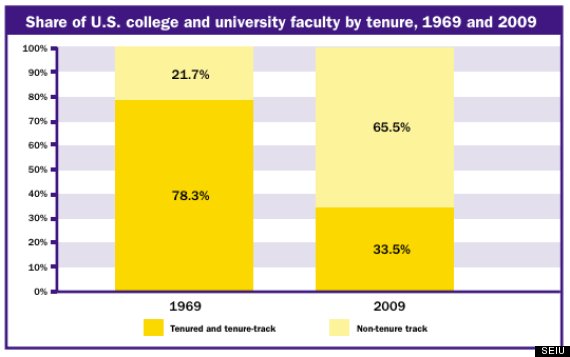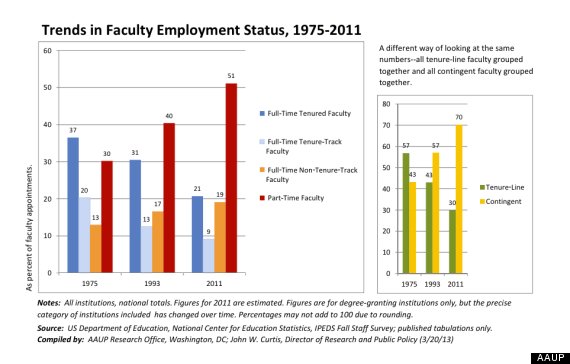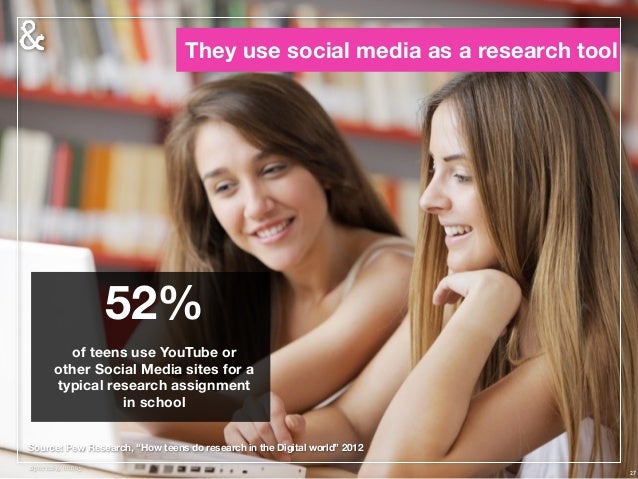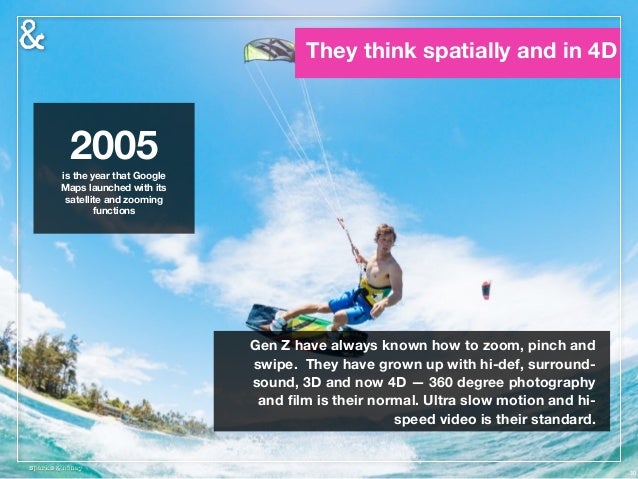Nov
2015
Helping a psychology student from Edinburgh Napier with his essay:
To what extent have the new generation of psychodynamic psychoanalysts addressed the issues raised by the ferocious critiques of Freud’s work that have emerged?
Almond, R. (2006). How do we bridge the gap? Commentary on Luyten, Blatt, and Corveleyn. Journal of the American Psychoanalytic Association, 54(2), 611–618.
Ambrosio, J. (2010). A Fearsome Trap: The will to know, the obligation to confess, and the Freudian subject of desire. Educational Philosophy & Theory, 42(7), 728–741.
Appelbaum, J. (2013). Psychoanalysis and philosophy: Nurturing dialogues. The American Journal of Psychoanalysis, 73(2), 117–120.
Auxéméry, Y. (2015). « Névrose » et « Psychose »: Quelles définitions pour la psychiatrie contemporaine ? = “Neurosis” and “psychosis”: What definitions for contemporary psychiatry? Annales Médico-Psychologiques, 173(8), 643–648. http://doi.org/10.1016/j.amp.2014.12.015
Brookes, C. E. (2015). Review of From classical to contemporary psychoanalysis: A critique and integration. Psychodynamic Psychiatry, 43(4), 507–512.
Cohen, J. (2007). Interdisciplinary Psychoanalysis and the Education of Children: Psychoanalytic and Educational Partnerships. Psychoanalytic Study of the Child, 62, 180–207.
Cooper-White, P. (2002). “Higher Powers and Infernal Regions”: Models of Mind in Freud’s Interpretation of Dreams and Contemporary Psychoanalysis, and Their Implications for Pastoral Theology. Pastoral Psychology, 50(5), 319–343.
Cooper-White, P. (2014). Review of Psychoanalysis, monotheism and morality: The Sigmund Freud Museum Symposia, 2009–2011. Journal of the American Psychoanalytic Association, 62(6), 1163–1170. http://doi.org/10.1177/0003065114558924
Cortina, M. (2012). Review of Psychoanalysis and motivational systems. A new look. Psychodynamic Psychiatry, 40(2), 357–364.
Daldin, H. (1988). The fate of the sexually abused child. Clinical Social Work Journal, 16(1), 22–32.
Dimen, M. (2014). Inside the Revolution: Power, Sex, and Technique in Freud’s “‘Wild’ Analysis”. Psychoanalytic Dialogues, 24(5), 499–515.
Eckardt, M. H. (2003). Evolution of psychoanalysis. Journal of the American Academy of Psychoanalysis, 31(4), 726–728.
Eliman, S. J. (2005). Rothstein as a Self and Object Freudian. Psychoanalytic Dialogues, 15(3), 459–471.
Friedman, N. (1976). From the experiential in therapy to experiential psychotherapy: A history. Psychotherapy: Theory, Research & Practice, 13(3), 236–243. http://doi.org/10.1037/h0088347
Golding, R. (1982). Freud, psychoanalysis, and sociology: some observations on the sociological analysis of the individual. British Journal of Sociology, 33(4), 545–562.
Gordon, P. (2014). Radical analyses? Psychodynamic Practice, 20(1), 68–74.
Granqvist, P. (2006). On the relation between secular and divine relationships: An emerging attachment perspective and a critique of the “depth” approaches. International Journal for the Psychology of Religion, 16(1), 1–18. http://doi.org/10.1207/s15327582ijpr1601_1
Greenwood, D. (2010). Embracing the “allegiance effect” as a positive quality in research into the psychological therapies-exploring the concept of “influence”. European Journal of Psychotherapy & Counselling, 12(1), 41–54.
Hansen, I. A. (2007). Buddhist Influences on the Idea of the Unconscious. Psychological Perspectives, 50(2), 181–197.
Jeffrey M JJ Jackson. (2008). Philosophy as Melancholia: Freud, Kant, Foucault. Psychoanalysis, Culture & Society, 13(3), 299–315.
Jones, G. Y. (1999). “Beyond the Oedipal Complex”: Freud and Lacan revisited. Psychodynamic Counselling, 5(4), 453.
Kerr, J. (2012). Review of From classical to contemporary psychoanalysis: A critique and integration. Psychoanalytic Review, 99(5), 785–792.
Knoblauch, S. H. (2005). Body Rhythms and the Unconscious: Toward an Expanding of Clinical Attention. Psychoanalytic Dialogues, 15(6), 807–827.
Kronemyer, D. E. (2011). Freud’s Illusion: New Approaches to Intractable Issues. International Journal for the Psychology of Religion, 21(4), 249–275.
Kruger, L.-M. (2006). A tribute to 150 years of Sigmund Freud: Not mastering the mind: Freud and the “Forgotten Material” of Psychology. Psycho-Analytic Psychotherapy in South Africa, 14(2), 1–12.
Lee, N.-N. (2014). Sublimated or castrated psychoanalysis? Adorno’s critique of the revisionist psychoanalysis: An introduction to “The Revisionist Psychoanalysis”. Philosophy & Social Criticism, 40(3), 309–338.
Lenthall, A. (2007). Review of Psychotherapy and phenomenology: On Freud, Husserl and Heidegger. Psychodynamic Practice: Individuals, Groups and Organisations, 13(4), 423–427. http://doi.org/10.1080/14753630701609939
Lothane, Z. (2006). Freud’s legacy–is it still with us? Psychoanalytic Psychology, 23(2), 285–301. http://doi.org/10.1037/0736-9735.23.2.285
Metcalf, R. (2000). THE TRUTH OF SHAME-CONSCIOUSNESS IN FREUD AND PHENOMENOLOGY. Journal of Phenomenological Psychology, 31(1), 1–18.
Mook, B. (2007). Review of Psychotherapy and phenomenology. The Humanistic Psychologist, 35(4), 401–403. http://doi.org/10.1080/08873260701593417
Moyaert, P. (2013). The Death Drive and the Nucleus of the Ego: An Introduction to Freudian Metaphysics. Southern Journal of Philosophy, 51, 94–119.
Noys, B. (2009). Revolution in Psychology: Alienation to Emancipation The Lacanian Left: Psychoanalysis, Theory, and Politics. Historical Materialism, 17(1), 183–190.
Palombo, J. (2013). The Self As a Complex Adaptive System Part I: Complexity, Metapsychology, and Developmental Theories. Psychoanalytic Social Work, 20(1), 1–25.
Pavón-Cuéllar, D. (2014). The Freudo-Marxist Tradition and the Critique of Psychotherapeutic Ideology. Psychotherapy & Politics International, 12(3), 208–219.
Pedroni, I. (2015). Finding New Ways of Belonging Through Religious Experience in the Framework of a Therapeutic Encounter. International Journal of Psychoanalytic Self Psychology, 10(4), 343–354.
Price, M. (1995). The illusion of theory: Discussion of R. D. Chessick’s “Poststructural psychoanalysis or wild analysis?.” Journal of the American Academy of Psychoanalysis, 23(1), 63–70.
Robinson, P. (1985). FREUD UNDER SIEGE. Halcyone (01986449), 7, 1–15.
Rogers, R. (1989). Review of The Psychotic Core. Psychoanalytic Psychology, 6(3), 367–373. http://doi.org/10.1037/h0079741
Samuels, R. (1998). Passing beyond ego psychology: Freud, Lacan and the end of analysis. Clinical Studies: International Journal of Psychoanalysis, 4(1), 93–104.
Schafer, R. (1970). Requirements for a critique of the theory of catharsis. Journal of Consulting and Clinical Psychology, 35(1, Pt.1), 13–17. http://doi.org/10.1037/h0029613
Schafer, R. (1975). Psychoanalysis without psychodynamics. The International Journal of Psychoanalysis, 56(1), 41–55.
Shafranske, E. P. (1992). A Psychoanalytic Response to Hood. International Journal for the Psychology of Religion, 2(3), 161.
SHILL, M. (2011). Intersubjectivity and the Ego. Psychoanalytic Social Work, 18(1), 1–22.
Thomas, A. (2007). Practical Irrationality, Reflexivity and Sartre’s Regress Argument. Teorema, 26(3), 113–121.
Tillman, J. G. (1998). Psychodynamic psychotherapy, religious beliefs, and self-disclosure. American Journal of Psychotherapy, 52(3), 273.
Wax, M. L. (1995). Method as Madness: Science, hermeneutics, and art in psychoanalysis. Journal of the American Academy of Psychoanalysis, 23(4), 525–543.
Webster, J. (2013). Critique and cure: A dream of uniting psychoanalysis and philosophy. The American Journal of Psychoanalysis, 73(2), 138–157. http://doi.org/10.1057/ajp.2013.1
Weinberger, J., & Westen, D. (2001). Science and psychodynamics: From arguments about Freud to data. Psychological Inquiry, 12(3), 129–132. http://doi.org/10.1207/S15327965PLI1203_02
Zepf, S. (2012). Repression and Substitutive Formation: The Relationship Between Freud’s Concepts Reconsidered. Psychoanalytic Review, 99(3), 397–420.
Zepf, S. (2013). Abwehr, Verdrängung und Ersatzbildung: Die Beziehung zwischen Freuds Konzepten neu organisiert. Defence, Repression and Substitutive Formation: The Relationship between Freud’s Reorganized Concepts, 29(4), 499–515.
Psychoanalytic Concepts of Fatherhood: Patriarchal Paradoxes and the Presence of an Absent Authority.
Full Text Available
By: Freeman, Tabitha. Studies in Gender & Sexuality. Spring2008, Vol. 9 Issue 2, p113-139. 27p. DOI: 10.1080/15240650801935156., Database: EBSCO MegaFILE
Subjects: ESSAY (Literary form); PSYCHOANALYSIS; FATHERHOOD; OEDIPUS complex; PARENT & child; FATHER & child; PATRILINEAL kinship





